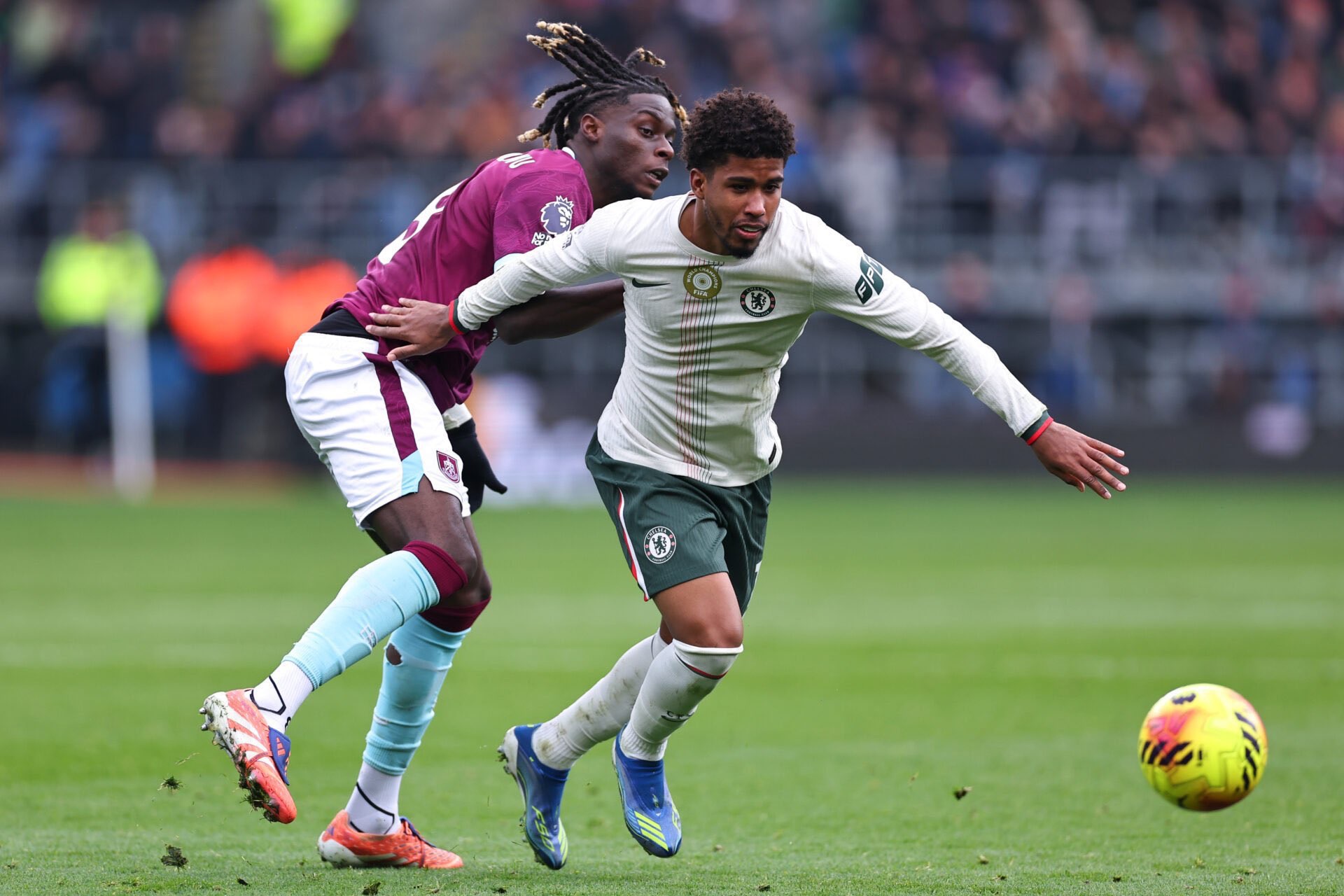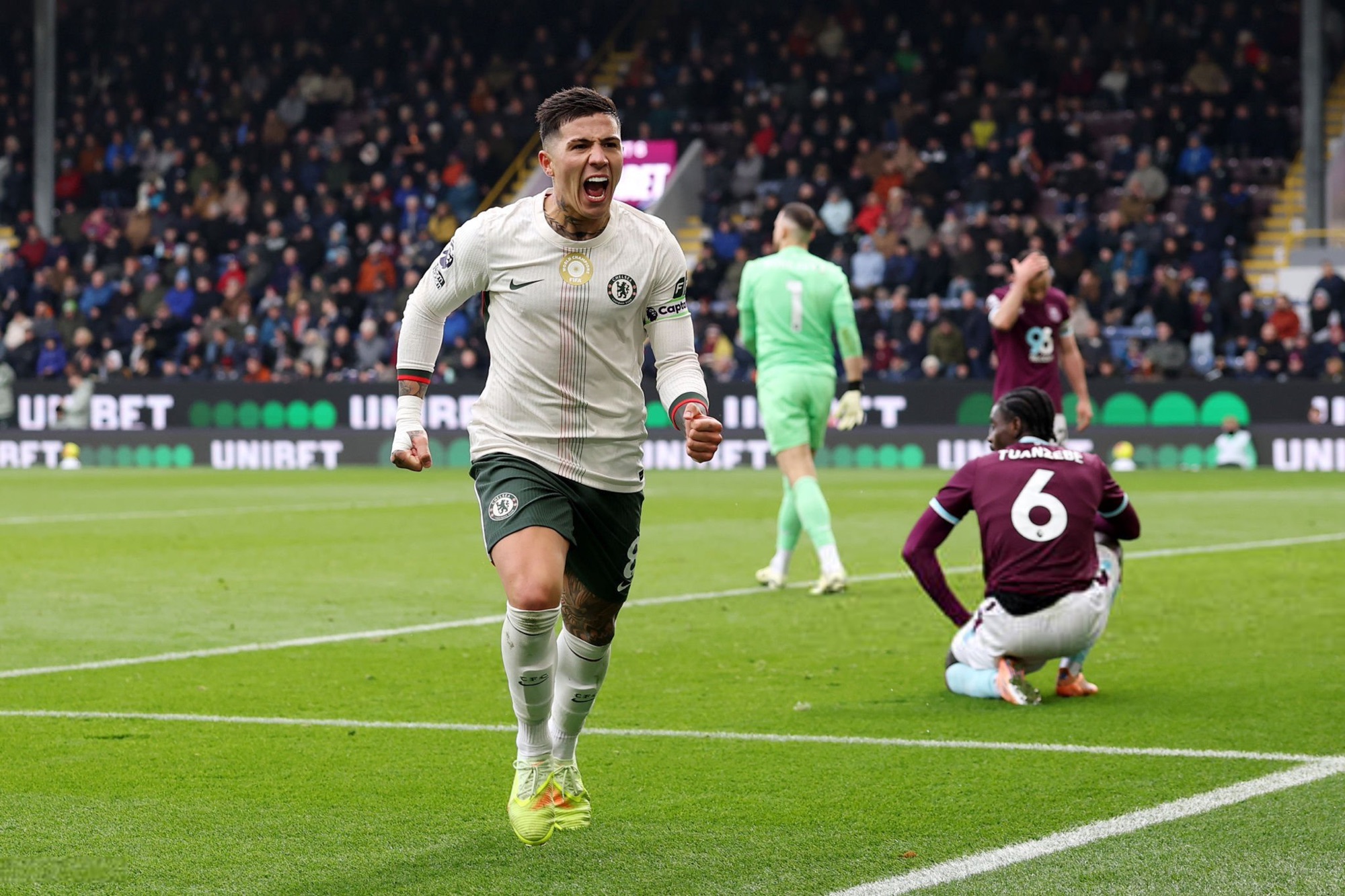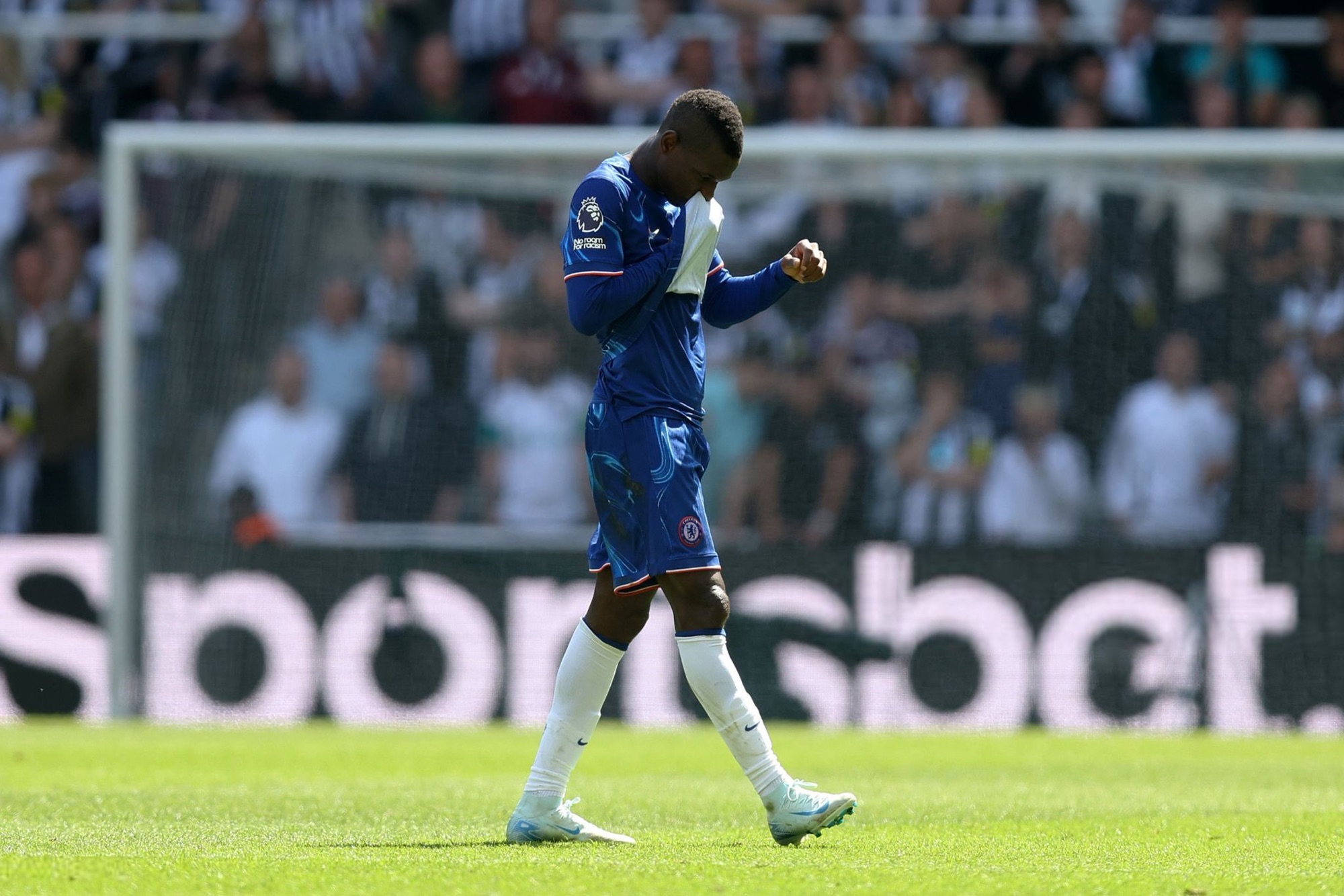
Rafael Benitez has been Chelsea’s interim manager for a little over two months now. Here’s what he told Chelsea FC’s official website recently:
“The players are working hard, and it’s my job to put them in a position to make sure they keep working hard. You can see their motivation in every game; they are doing well, so there are a lot of positives.
We are scoring more goals, conceding less, and even in the games we have lost we have done well. The team are in a transitional period because we have some new players, and some players who are coming towards the end of their contracts, so it’s a team which is growing and improving.
As a manager at a top side who want to win trophies, we have to do better. The priority of the club is to be in the top four and also to win trophies at the same time.
Could we do it a little bit better? Yes. Could we have won the games we lost? Yes. The team is progressing, it’s the right way, and for a lot of people – including the players – we are going in the right direction.”
Nice words from Chelsea’s interim manager. Unfortunately, talk is cheap. Statistically and tactically speaking, do Rafa’s words hold true? Let’s find out.
Statistical Overview
Note: All average figures mentioned are rounded off up to 2 decimal points as the actual figures are rather long.
I’m not usually a massive fan of statistics, but I had to resort to using stats in order to validate a few of Benitez’s claims (scoring more, conceding less etc.) and see whether he was right in what he said. Ah well, here goes….
Roberto Di Matteo was Chelsea’s permanent manager for 21 games in the 2012/13 season (that’s excluding 5 pre-season games and including the Community Shield and UEFA Super Cup). In those 21 games, Chelsea scored 48 goals and conceded 33. This means the team were scoring 2.29 goals/game and conceding 1.58 goals/game at a winning rate of 52.39%. Rafael Benitez has been in charge for 17 games so far this season. In these 17 games, Chelsea have scored 42 goals and conceded only 16. This implies that under Benitez, Chelsea have been scoring 2.48 goals/game and conceding 0.95 goals/game at a winning rate of 58.83%. Unsurprisingly, Rafa was spot on when he said we were scoring more and conceding less. However, he wasn’t exactly correct when he said that there were “a lot of positives”. The positives end here, I’m afraid.
Rafael Benitez has endured the worst start to his Chelsea tenure of all 9 Abramovich-era managers, a distinction (not really) previously held by current Spurs manager Andre Villas-Boas. In his first 16 games in charge of Chelsea, Benitez has a paltry win percentage of 56%, same as Villas-Boas. However, Benitez has lost 4 out of his first 16 games in charge while Villas-Boas lost 3. (Source: Daily Mail)
Home form under Benitez has been awful, something that is backed up by simple statistics. Chelsea have played 8 games at Stamford Bridge under Benitez, out of which the team have won 3, drawn 3 and lost 2 games. Under Di Matteo, Chelsea played 10 games at the Bridge, out of which we won 7, drew 2 and lost just 1 game. An excellent record at home is the mark of a confident team. It’s safe to say that at the moment, Chelsea are far from a confident team.
My stat attack ends here. Let’s now look at the tactical side of things.
Tactical Overview
One of Benitez’s first jobs at Chelsea was to tighten a defence that had been shipping goals. He managed to do that in his first 2 games against Manchester City and Fulham. However, Chelsea weren’t able to score in either of those games and both matches ended in dull goal-less draws. He also changed the attacking system previously employed by Di Matteo. While the Italian preferred playing Mata, Oscar and Hazard together, Benitez preferred Moses on the right wing, ensuring Mata played as the #10. As a result, Oscar was no longer a regular starter. An away match against West Ham followed. In what seemed like a winnable fixture, Chelsea ended up losing 3-1 to their London rivals. That match marked the first appearance of what I call the “Jekyll and Hyde” Chelsea: brilliant in the first half, awful in the second half. Benitez had already been subjected to the boos of the Chelsea faithful in the previous 2 games and the loss against West Ham managed to temporarily put his job in danger.
Clinical wins against Nordsjaelland (Champions League) and Sunderland (Premier League) quickly followed and eased the pressure on Benitez. However, the Club World Cup was a disaster, with Chelsea losing the final 1-0 against Corinthians. This match exposed another one of Benitez’s managerial flaws: questionable team selection. Starting with Moses instead of Oscar (Moses, poor lad, had a game to forget), playing an imbalanced midfield pivot of Lampard and Ramires, not ringing in the changes quickly enough when things weren’t working out for the team. And while I wouldn’t blame the entire debacle on Benitez, he certainly had his part to play in the loss. Benitez found himself under the cosh yet again.
However, the CWC disaster served as motivation for the team to do well…. for a short time anyway. After the loss against Corinthians, Chelsea won 4 consecutive games. The first win was a 1-5 victory in the League Cup against bitter rivals Leeds at Elland Road. The next win was a dominating 8-0 win against Aston Villa in the League, a game which saw 7 different players get on the scoresheet. Tough away wins against Norwich and Everton followed. These matches demonstrated 2 positive sides to Chelsea: while the matches against Leeds and Villa showed what the team can do when on song, the wins against Norwich and Everton were a testament to our ability to grind out results. However, all good things must come to an end….
Just when it seemed like we were gaining some form, the team lost at home to bitter London rivals QPR. The loss was a bitter pill to swallow: it came in our own backyard and the winner was scored by Chelsea flop Shaun Wright-Phillips. To make things worse, QPR had only won one match prior to that game and sat bottom of the Premier League table. Any momentum we garnered was gone.
After that match, our form has been indifferent. A 1-5 win against Southampton in the FA Cup was followed up by a shock 0-2 loss at home to Swansea in the first leg of the League Cup semi-final. Despite that, Chelsea were able to beat Stoke 0-4 at the Britannia Stadium (thanks largely to 2 own goals by John Walters) but drew 2-2 at home against Southampton in a mid-week League clash. This was followed by a hard-fought 2-1 home win against Arsenal.
One of the main reason I hate using stats is because they only tell one us side of the story. While we have scored more goals and defended better under Benitez, our form has not improved by much. The team looks brilliant in one match and ridiculous in the next. Fans have seen the “Jekyll and Hyde” Chelsea in quite a few matches, notably against West Ham, Leeds (we were awful in the first half), Southampton and even Arsenal. Home form has been a massive issue, and while the media is quick to blame it on the fact that Chelsea fans constantly boo Benitez, the problem is more tactical. In his first 2 home matches, Chelsea were extremely defensive. The loss to QPR can be put down to Benitez’s rotation policy. Rotating players is important, but resting too many players is suicidal. The loss to Swansea in the COC semi-final was down to Chelsea not taking their chances and Swansea taking theirs.
So while Benitez may see “a lot of positives” in his Chelsea career so far, it’s fair to say he has a lot of work ahead of him. He can forget winning over the fans (the day he does that, I’ll start believing in miracles) and should instead focus on winning games and doing his job properly. For our sake, let’s just hope he does that.
Follow me on Twitter: @RantChelseaFC







